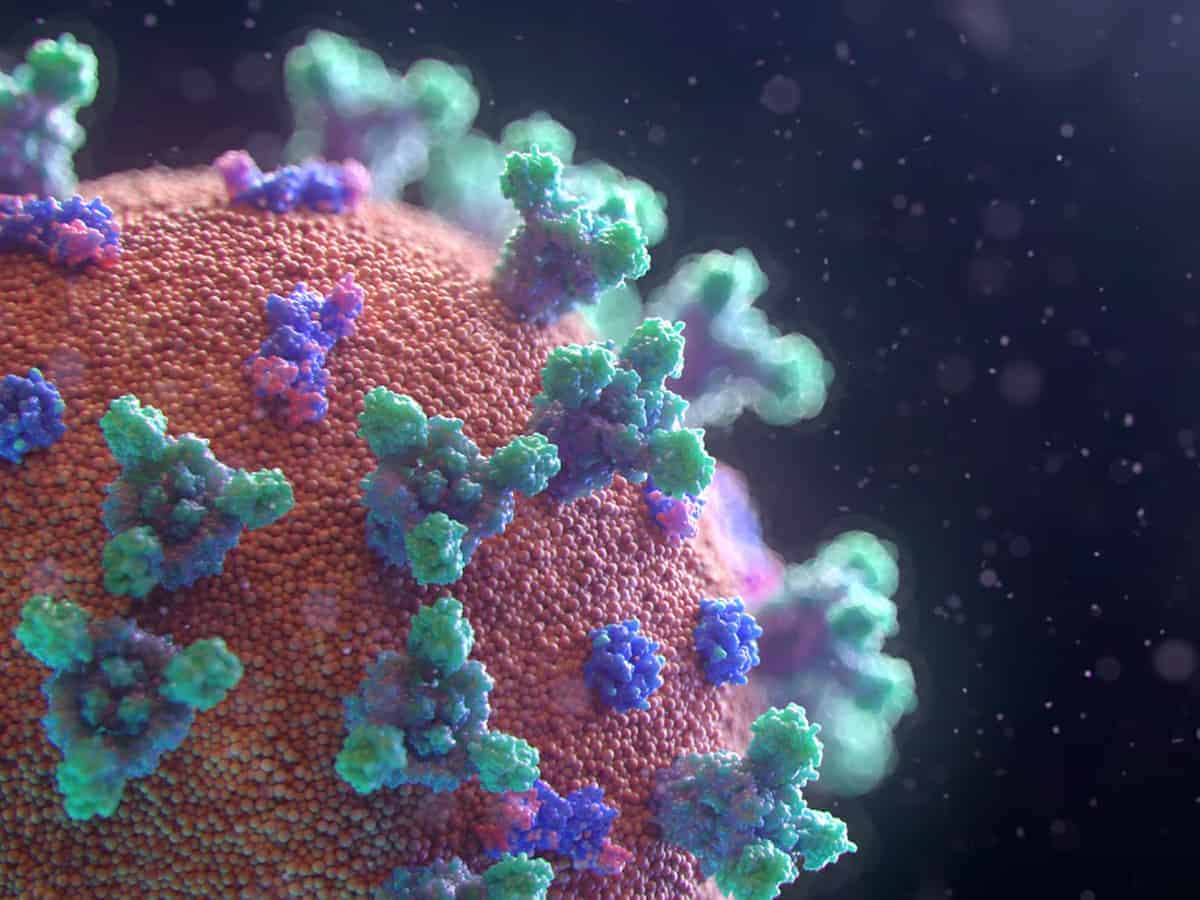
New York: During COVID-19, college students experienced more obsessive-compulsive disorder (OCD) symptoms, finds a new study.
The study found that college students tested during the peak of the pandemic reported a higher incidence of two key OCD symptoms — unacceptable thoughts and fear of contamination.
“This study is a nice example of how data gathered for one purpose — in this case, studying individual differences in cognitive abilities — can be used to explore orthogonal questions that may be of particular interest to the broader community,” said researcher Stephen R. Mitroff from the George Washington University.
“It is exciting to be able to leverage this data to add to the study of how the pandemic has impacted the college students’ mental health,” Mitroff added.
For the study, published in the Journal of American College Health, the team used data of over 500 college students to explore the impact of the pandemic on symptoms associated with OCD.
Although concerns about contracting COVID-19 generally eased during the latter stages of behaviour, students continued to experience an elevated amount of unpleasant or unwanted thoughts.
Interestingly, even though males and females tend to exhibit different OCD behaviours, the reported symptoms were consistent across genders.
The results of this study were consistent with recent research uncovering increased OCD symptoms among children and adolescents during the COVID-19 pandemic.
It can contribute to the growing research on the prevalence of mental illness among college students and the possible role of environmental factors in the development of OCD.



